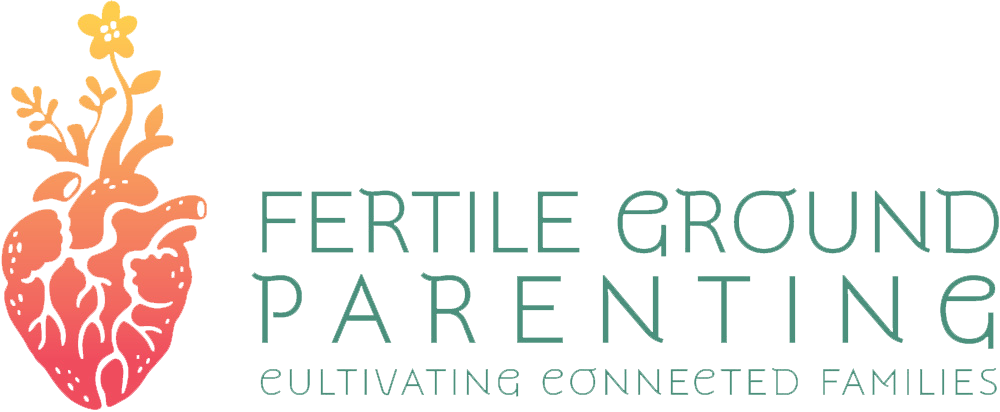It’s hard for us—just like it was for our parents—to know how to allow rough-and-tumble play. For one thing, many of us never did it—either because it was stopped by our parents or, in some cases, because we were raised as girls, and “girls don’t roughhouse.”
This post will help you learn why roughhousing —when we do it WITH our kids—can be such a great thing to try. And it will help you get started (and keep going!) in a way that is safe and helpful for everyone.
Read moreWe’re about a month into a move from the US to Spain, and I’m using all my parenting tools to get through it. It’s been hard on me, and on my husband. But our 9-year-old is having the hardest time by far.
In this post, I’ll talk about one tool I’m finding particularly useful as we navigate the inevitable ups and downs of parenting a deep-feeling kid in the midst of a big transition.
That tool is play, or playfulness.
Read moreTo be listened to makes us feel seen, understood, and valued.
To be ignored or have our listening go unanswered makes us feel hurt, afraid, and sometimes enraged.
And, when our kids don’t listen to us, it can trigger a cascade of feelings and worries that reach both backward into the past and forward toward the future.
Let’s take a closer look at listening, and at what happens to us and to our kids when listening falls apart.
Read moreAs I’ve written about before, play is so much more than meaningless fun for kids.
Just as independent play is an important part of your child’s development, play with you facilitates a greater bond between you and your child, and deepens his trust in you.
Play is one of the main ways our kids connect with us—their most important grownups. It offers your child some of the warmth and closeness he needs a good healthy dose of daily.
In addition to all of these benefits, play is also an amazing tool to help increase our kids’ cooperation, improve their behavior, and decrease the struggle that we often face with everyday tasks.
Read moreI often say to parents that play is like the blood that runs through your child’s veins. He absolutely thrives on it—in fact he needs it to grow, develop, understand the world, and process his experiences.
Play helps your child discover what he can do, as well as what he can’t (yet) do. It gives him a chance to experiment (will this ball fit into this container? How about this one?), to practice building his skills (if I jump off this sidewalk 100 more times, I will do it without stumbling!), and through this process of discovery, experimentation, and practice, develop his self-confidence.
Read moreNew parents often tell me that they struggle to get any kind of self-care once their baby arrives. I can relate—after my son was born I felt totally disconnected from the habits that had nurtured me before his arrival.
Here’s a little secret. One of the best things you can do for your young baby also comes with a bonus: it’s self-care for you, too.
That thing that is so good for both of you is simple (and yes, hard too): put your baby down.
Read more
